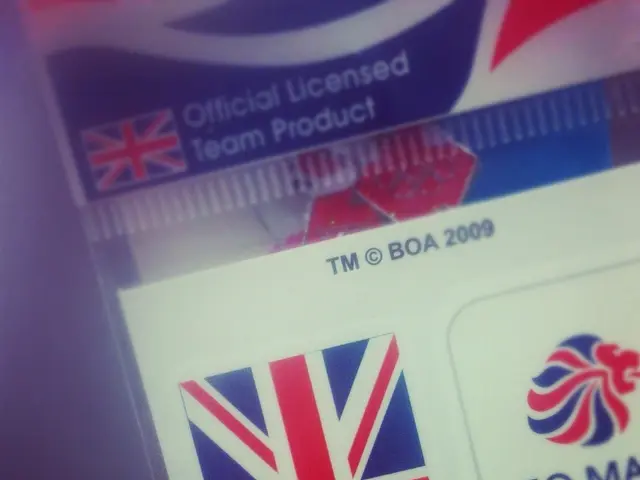Tax on plastic packaging: Implementing chemical recycling and employing a mass balance approach strategy
UK Government Announces Plans for Plastic Packaging Tax Reforms
The UK government has announced a series of changes to its Plastic Packaging Tax (PPT) regime, including the introduction of a mass balance approach for chemically recycled plastics and changes to how pre-consumer waste is classified.
These reforms, which aim to drive higher recycled content targets and encourage innovative recycling technologies, will incentivize the use of chemically recycled plastics by reducing tax liabilities proportional to recycled content. The mass balance approach allows chemically recycled plastics to be counted as recycled content proportionally, rather than requiring physical segregation.
Regarding pre-consumer waste, the government plans to reclassify certain types of pre-consumer recycled plastic waste so that they are not liable for the PPT. This means that waste generated and reused within the same business or group before becoming packaging will be treated differently, promoting circular use without incurring additional tax.
The PPT applies to plastic packaging manufactured in or imported to the UK that contains less than 30% recycled plastic content. Producers pay £200 per tonne on the amount below this threshold, incentivizing increased recycled content.
The government has published a consultation titled 'Plastic Packaging Tax - Chemical recycling and adoption of a mass balance approach', which ran for 12 weeks and ended on an unspecified date. The consultation received 91 responses from various sources, including trade bodies, businesses, and non-governmental organizations. The UK government has confirmed that a mass balance approach will be allowed to account for chemically recycled plastic for the purpose of PPT.
The government's response to the consultation is available on their website, but it does not specify a deadline for when the changes will be implemented. The government will undertake further technical engagement before confirming when the changes will take effect.
These measures form part of the UK government's broader packaging waste and sustainability strategy, complementing Extended Producer Responsibility reforms and recyclability reporting requirements coming into effect around 2025 and 2026. For more detailed guidance on the tax implementation, it is best to refer to official UK government HMRC and DEFRA websites.
It is worth noting that there will be no change to the exemption for the immediate packaging of human medicines for the foreseeable future. The consultation also discussed this exemption.
The UK government has published a summary of responses to the 'Plastic Packaging Tax - Chemical recycling and adoption of a mass balance approach' consultation, but it does not provide details about potential changes to the PPT based on the responses received. The consultation also sought views on the controls needed to ensure the integrity of the tax.
In conclusion, the UK government's PPT reforms mark a significant step towards reducing reliance on virgin plastics in packaging production and encouraging the use of innovative recycling technologies. The government's response to the consultation is a positive sign that these changes are moving forward, although the precise implementation dates and detailed technical guidelines have yet to be announced.
- The mass balance approach, now approved for chemically recycled plastics within the UK's Plastic Packaging Tax (PPT) regime, will facilitate higher environmental-science initiatives, as it promotes the use of recycled materials in science-based industries.
- Concurrently, the UK government's plans to reclassify certain pre-consumer waste, exempting it from PPT, could potentially improve financial efficiency for businesses operating within the environmental-science sector, as they may reduce tax liabilities on recycled plastics.







